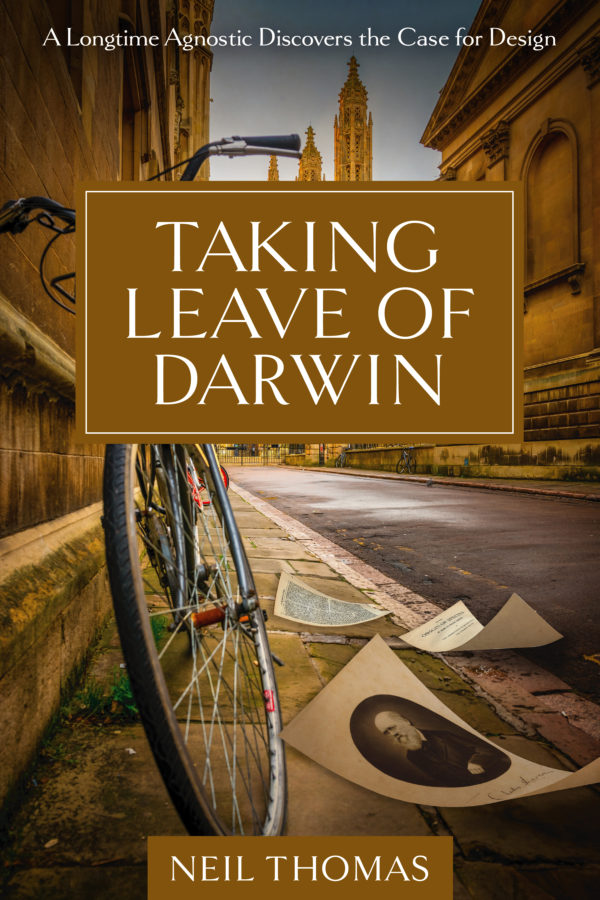Longtime skeptic Neil Thomas, author of Taking Leave of Darwin (2021), offers reviews of three books worth looking at, especially if you are shopping for gifts for people who read books.

We can offer updates on the classics, if Thomas is our guide:
Editor’s note: We are delighted to host a series by Neil Thomas, Reader Emeritus at the University of Durham: “The Return to the God Paradigm,” of which this article is the second entry. Thomas is reviewing three books: Is Atheism Dead?, by Eric Metaxas; Return of the God Hypothesis, by Stephen Meyer; and God of the Details, by Cristian Bandea. Find the full series here. Professor Thomas’s recent book is Taking Leave of Darwin: A Longtime Agnostic Discovers the Case for Design.
Given the often-cyclical movement of intellectual history, some views of the three authors under consideration in this series — Eric Metaxas, Stephen Meyer, and Cristian Bandea — may strike a fascinating note of historical déjà vu. By which I mean that in some cases their analyses represent a reflection (even down to verbal details) of the debate as it developed in late 18th century England when many persons, even though they frequently subscribed to that rather diluted, deistic conception of the Creator then in the ascendant (meaning a creator who no longer actively intervenes in his creation), nevertheless saw claims of atheism as being baseless and actuated by little more than “pride or affectation.”1 Similarly, Metaxas concludes that those today who ignore the cardinal principle of cause-and-effect and the increasingly theistic implications of many branches of modern science are indulging in “wilful unreason or mere affectation” (p. 3).
Many of the late 18th century intelligentsia were inclined to deny that atheism could even exist as a defensible intellectual position and were implacably opposed to the kind of sentiment that would in short order animate the pamphlet “The Necessity of Atheism” (1811), penned by the poet Shelley as an Oxford undergraduate. The majority denied the logical possibility of atheism on grounds of the complexity and fine orderliness of the world — an order which could scarcely have come about by mere unplanned chance. Hence for 18th-century intellectuals the watchword was, pace Shelley, more The Impossibility of Atheism than its claimed “necessity.”
Neil Thomas, “Nothing New Under the Sun” at Evolution News and Science Today (December 9, 2021)
One wonders what sharp 18-century thinkers – the type of people who wrote the U.S. Constitution, for example – would have made of the multiverse, string theory, or the notion that human consciousness arose as an aid to hunting in groups.